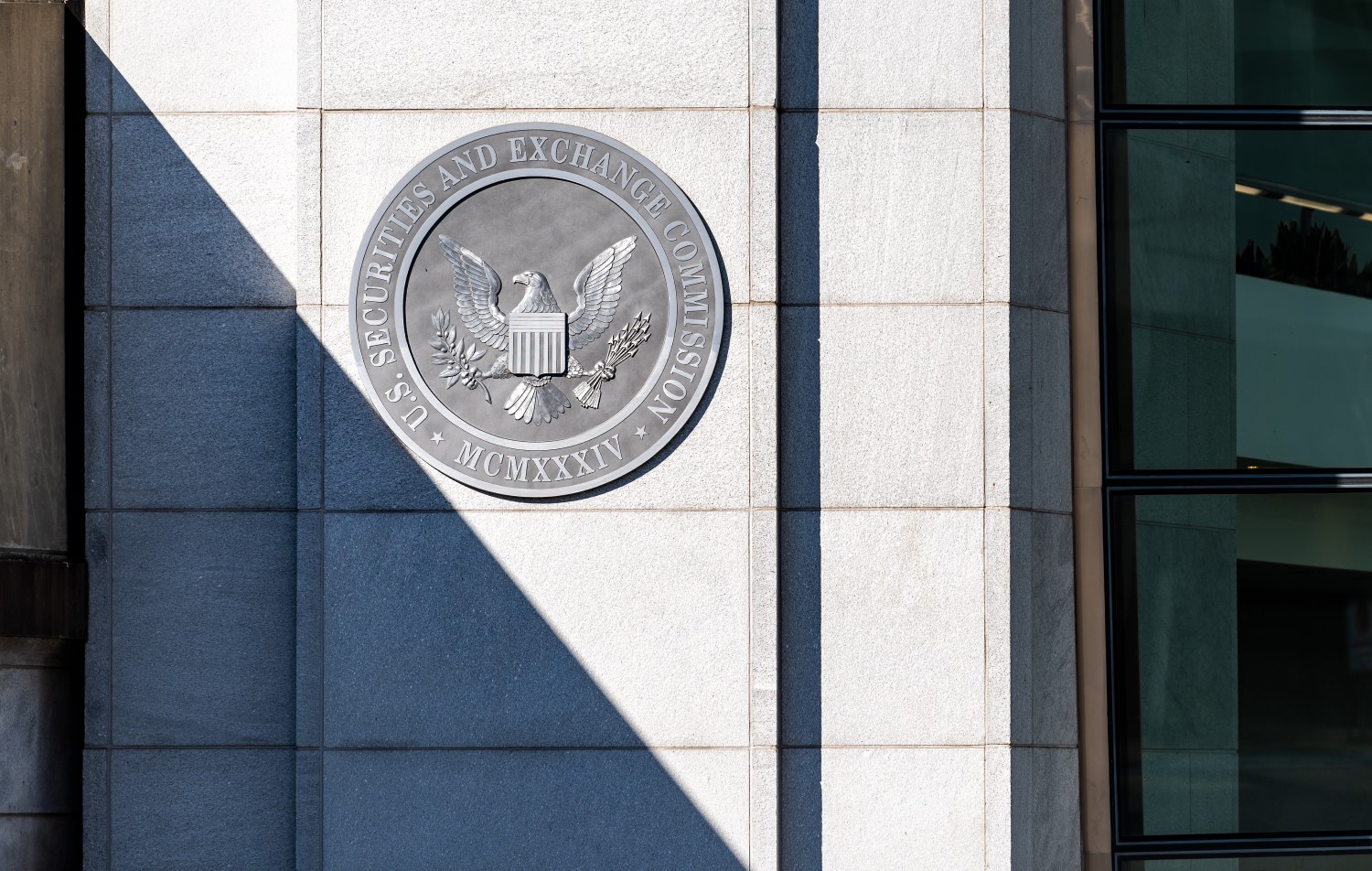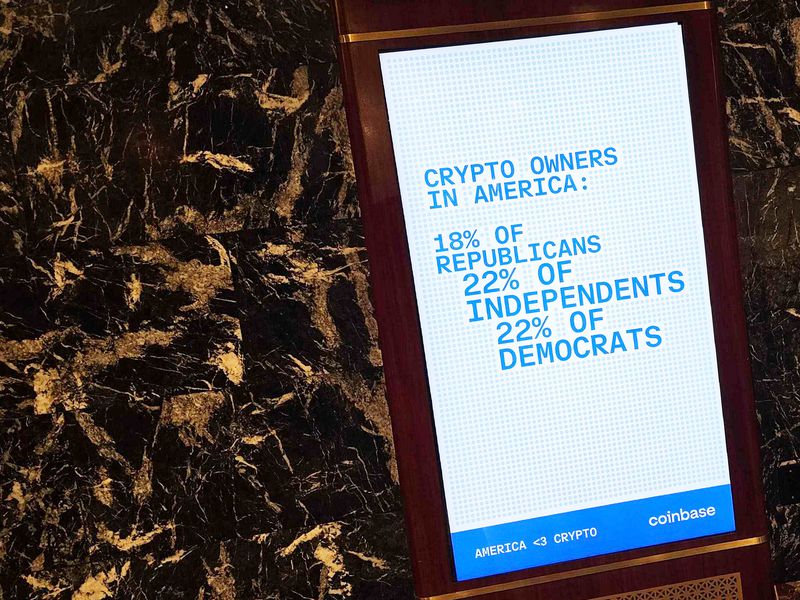IRS, Chainalysis and Ukraine Targeting Russian Crypto Sanctions Evaders Jointly
:format(jpg)/www.coindesk.com/resizer/2T8HrOlILUCuZc0Nt5fqKxPPy6E=/arc-photo-coindesk/arc2-prod/public/LW4HUR2U7BC5RFC4XSV6HGCP4E.png)
Amitoj Singh is CoinDesk’s regulatory reporter covering India. He holds BTC and ETH below CoinDesk’s disclosure threshold of $1,000.
The U.S. Internal Revenue Service (IRS) and crypto investigations company Chainalysis are working with the Ukraine to target Russian oligarchs who may be using crypto to evade sanctions, according to an announcement Thursday.
The IRS Criminal Investigation (IRS-CI) division is supporting Ukrainian investigators by providing blockchain analysis tools. The IRS donated licenses from crypto investigations company Chainalysis to the Ukraine. Approximately 50 Ukrainian law enforcement officers participated in virtual training, with in-person training still to come.
“These trainings help participants hone their digital investigative skills to trace the source of blockchain funds and unmask cryptocurrency transactions with cryptocurrency forensic tools,” IRS-CI Chief Jim Lee said in the announcement. “Sharing tools not only safeguards the U.S. financial system, but the global economy.”
Since Russia’s invasion of Ukraine, the countries have used cryptocurrencies to fuel war efforts, evade sanctions and support humanitarian efforts. Evidence indicates that crypto isn’t playing a big role in Russia’s war effort. Still, U.S. lawmakers remain concerned that Russian oligarchs could be using crypto to circumvent U.S. and European economic sanctions.
“We often see fundraising campaigns conducted with the use of cryptocurrency, as Russia believes in the possibility of circumventing sanctions by using virtual assets,” Yurii Vykhodets, police colonel of the Cyber Police Department of the National Police of Ukraine, said. “The training is timely and provides a strong impetus for more effective work by the Cyber Police in this area.”
IRS-CI is responsible for conducting financial crime investigations, including tax fraud. Recently, the IRS filed claims worth nearly $44 billion against the estate of bankrupt crypto exchange FTX and its affiliated entities. The U.S. Department of Justice is also conducting an inquiry into whether Binance allowed Russian customers to access the exchange in violation of U.S. sanctions related to Russia’s invasion of Ukraine.
Currently, IRS-CI has 23 ongoing sanctions-related investigations.
Edited by James Rubin.
DISCLOSURE
Please note that our
privacy policy,
terms of use,
cookies,
and
do not sell my personal information
has been updated
.
The leader in news and information on cryptocurrency, digital assets and the future of money, CoinDesk is a media outlet that strives for the highest journalistic standards and abides by a
strict set of editorial policies.
CoinDesk is an independent operating subsidiary of
Digital Currency Group,
which invests in
cryptocurrencies
and blockchain
startups.
As part of their compensation, certain CoinDesk employees, including editorial employees, may receive exposure to DCG equity in the form of
stock appreciation rights,
which vest over a multi-year period. CoinDesk journalists are not allowed to purchase stock outright in DCG
.
:format(jpg)/www.coindesk.com/resizer/2T8HrOlILUCuZc0Nt5fqKxPPy6E=/arc-photo-coindesk/arc2-prod/public/LW4HUR2U7BC5RFC4XSV6HGCP4E.png)
Amitoj Singh is CoinDesk’s regulatory reporter covering India. He holds BTC and ETH below CoinDesk’s disclosure threshold of $1,000.
Learn more about Consensus 2024, CoinDesk’s longest-running and most influential event that brings together all sides of crypto, blockchain and Web3. Head to consensus.coindesk.com to register and buy your pass now.
:format(jpg)/www.coindesk.com/resizer/2T8HrOlILUCuZc0Nt5fqKxPPy6E=/arc-photo-coindesk/arc2-prod/public/LW4HUR2U7BC5RFC4XSV6HGCP4E.png)
Amitoj Singh is CoinDesk’s regulatory reporter covering India. He holds BTC and ETH below CoinDesk’s disclosure threshold of $1,000.








